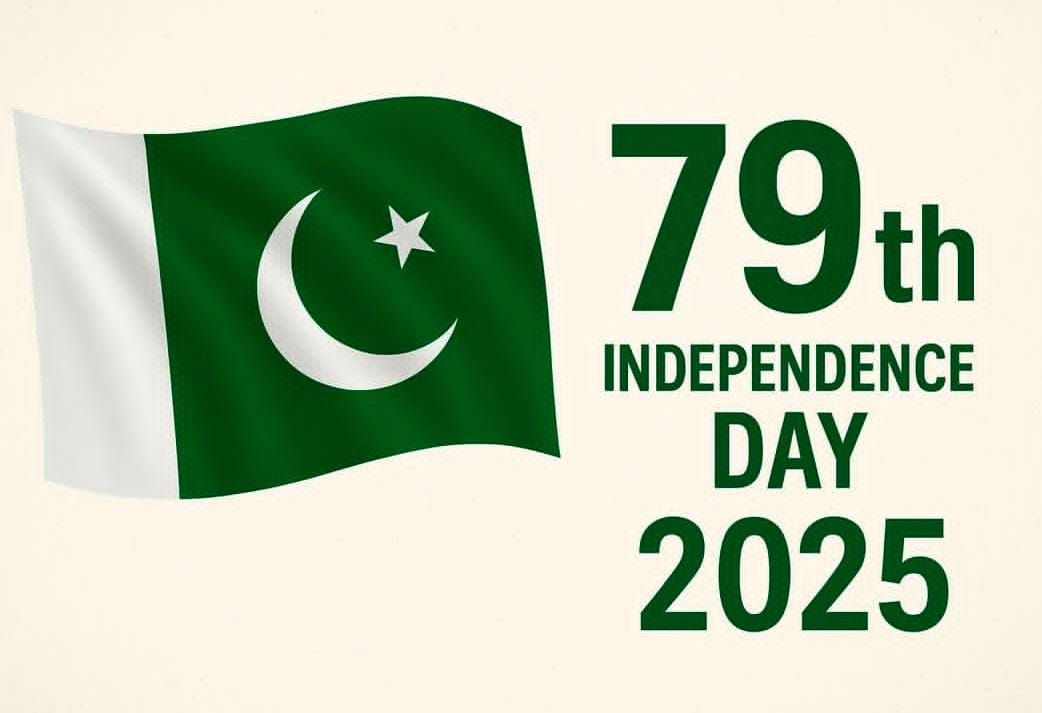Pakistan’s Strategic Triumph in the Latest Ceasefire: A Diplomatic and Military Masterclass
By Sardar Abdul Khaliq Wasi
In an era defined by regional volatility and global uncertainty, Pakistan has once again emerged as a symbol of resilience, strategic brilliance, and diplomatic maturity. The recent ceasefire agreement between India and Pakistan, following New Delhi’s failed military provocation under the so-called “Sindoori Operation,” marks not only a cessation of hostilities but a resounding strategic and diplomatic victory for Pakistan.
The Holy Qur’an sets the foundation for this triumph, emphasizing unity and courage in the face of adversity:
“إِنَّ اللّهَ يُحِبُّ الّذِينَ يُقَاتِلُونَ فِي سَبِيلِهِ صَفًا كَأَنَّهُمْ بُنْيَانٌ مَّرصُوصٌ”
“Indeed, Allah loves those who fight in His cause in rows as though they are a solid structure.” (Surah As-Saff, 61:4)
A Calculated and Composed Response
Pakistan’s response to Indian aggression was neither reckless nor reactionary. Instead, it showcased the marvel of Pakistan’s armed forces and strategic institutions, responding with unmatched efficiency and precision. Within hours, the Pakistan Air Force (PAF) demonstrated air superiority by preemptively neutralizing Indian positions across the Line of Control, forcing the adversary into defensive disarray. Simultaneously, the Pakistan Army conducted targeted operations with surgical accuracy, disrupting Indian supply lines while avoiding civilian casualties—a hallmark of professional military discipline. This was not just a tactical response; it was a masterclass in modern hybrid warfare.
Indian Miscalculation and the Collapse of “Sindoori Operation”
India’s military planners misjudged the internal resolve and external resilience of Pakistan. The “Sindoori Operation” was a desperate attempt to shift regional dynamics in India’s favor at a time when New Delhi faces domestic political turmoil and international diplomatic fatigue. It was a gamble aimed at testing Pakistan’s reaction threshold. Instead, India faced a harsh and immediate backlash, both militarily and diplomatically.
New Delhi’s erroneous assumption that global powers—particularly the United States—would either remain neutral or lend support to its narrative turned out to be wishful thinking. The unified stance of the Pakistani government, military, and public delivered a resounding message: Pakistan will defend every inch of its sovereignty, and any misadventure will be met with full-spectrum retaliation.
US Presidential Intervention: Shielding an Embattled Ally
As Indian losses mounted and the Pakistani response remained precise yet forceful, international anxiety began to rise. The United States, traditionally seen as a strategic partner of India, found itself in an uncomfortable position. According to credible diplomatic sources, U.S. President Joe Biden personally intervened after a classified briefing from the Pentagon and CIA indicated the possibility of a widening conflict that could escalate beyond conventional boundaries.
Recognizing the high risk of escalation and damage to U.S. regional interests, President Biden reportedly made direct contact with both Prime Minister Narendra Modi and Pakistan’s leadership. His message to India was unambiguous: stand down or risk diplomatic and economic consequences. To Pakistan, the message was one of cautious appreciation for restraint and a request to allow space for de-escalation through diplomacy.
Washington’s last-minute intervention was less about peacemaking and more about crisis management. The U.S. administration realized that India’s provocative military posture had backfired, and it was now Washington’s responsibility to restrain its partner before greater losses—both strategic and reputational—befell India. This intervention, while preventing further Indian humiliation, also implicitly acknowledged Pakistan’s superior strategic calculus and moral high ground.
Diplomatic Mastery: A Unified Front
While military precision dominated the battlefield, the diplomatic arena witnessed an equally impressive performance. Pakistan’s foreign policy institutions moved swiftly to build an international consensus. Under the experienced leadership of Foreign Minister Senator Ishaq Dar, diplomatic channels were activated in Beijing, Riyadh, Ankara, London, and Washington. A well-coordinated series of briefings and engagements presented Pakistan’s case with clarity, evidence, and poise.
Foreign Minister Dar’s statements at international forums highlighted not just India’s aggression but also Pakistan’s restraint and responsible behavior as a nuclear power. His articulation of Pakistan’s long-standing position on Kashmir resonated with many countries weary of India’s hardline policies under the BJP regime.
Prime Minister Shehbaz Sharif played a pivotal role in aligning civil-military strategy with diplomatic outreach. His calm yet firm address to the nation reinforced Pakistan’s desire for peace without compromising national honor. The unity displayed at the top echelons of government projected an image of strength and seriousness that was appreciated globally.
General Asim Munir: A Strategic and Ideological Triumph
A central figure in this chapter of strategic defense is Chief of Army Staff, General Asim Munir. His leadership has not only strengthened Pakistan’s military posture but also reshaped its strategic doctrine. General Munir’s emphasis on ideological clarity, internal discipline, and regional deterrence was evident in every move the armed forces made.
Under his command, the military showcased an extraordinary blend of tactical innovation and strategic patience. The restraint shown despite possessing the capability to cause massive damage underlines the maturity of Pakistan’s military leadership. His quiet yet firm leadership style has redefined Pakistan’s military ethos—fighting not just with weapons, but with ideology, clarity, and national spirit.
General Munir’s synergy with the Prime Minister and Foreign Minister has also proven that Pakistan’s national security no longer operates in silos. The civil-military alignment, long viewed as a fault line in Pakistani politics, was instead one of the greatest strengths in this confrontation.
The Way Forward: Kashmir and Global Responsibility
The recent events have made one thing clear: Kashmir is not merely a bilateral issue between India and Pakistan. It is a humanitarian, legal, and moral crisis that demands global attention. The notion that two nuclear-armed neighbors can indefinitely “manage” such a volatile dispute is not only naïve but dangerous.
Now, more than ever, world powers must recognize the Kashmir issue as a legitimate cause for self-determination under UN Security Council resolutions. The Kashmiri people are not pawns in a geopolitical chessboard—they are a distinct people with a unique cultural and political identity who have waited over seven decades for justice. Their aspiration is not war—it is dignity, democracy, and self-determination.
The recent ceasefire, while a short-term stabilizer, must be seen as an opportunity to revisit the Kashmir issue with sincerity and sensitivity. The international community, including the United Nations, the OIC, and the European Union, must move beyond statements of concern and towards tangible steps: a new roadmap for conflict resolution that centers on the will of the Kashmiri people.
Conclusion: Pakistan’s Victory of Discipline and Principle
In retrospect, the “Sindoori Operation” will be remembered not for what India intended to achieve, but for what Pakistan proved in response. It was a misadventure that reaffirmed Pakistan’s stature as a responsible nuclear power with unmatched tactical acumen, robust diplomacy, and ideological unity.
The ceasefire, though necessary, is not the victory—Pakistan’s real triumph lies in its strategic posture, disciplined response, and diplomatic finesse. The armed forces under General Asim Munir, the foreign policy direction under Ishaq Dar, and the statesmanship of Prime Minister Shehbaz Sharif together represent a new era of Pakistani resilience—one that is neither aggressive nor submissive, but principled and strategic.
The message from Islamabad is unequivocal: Pakistan seeks peace, but never at the cost of honor. It will not be coerced. It will not be provoked. But it will always respond—with unity, faith, and discipline.




